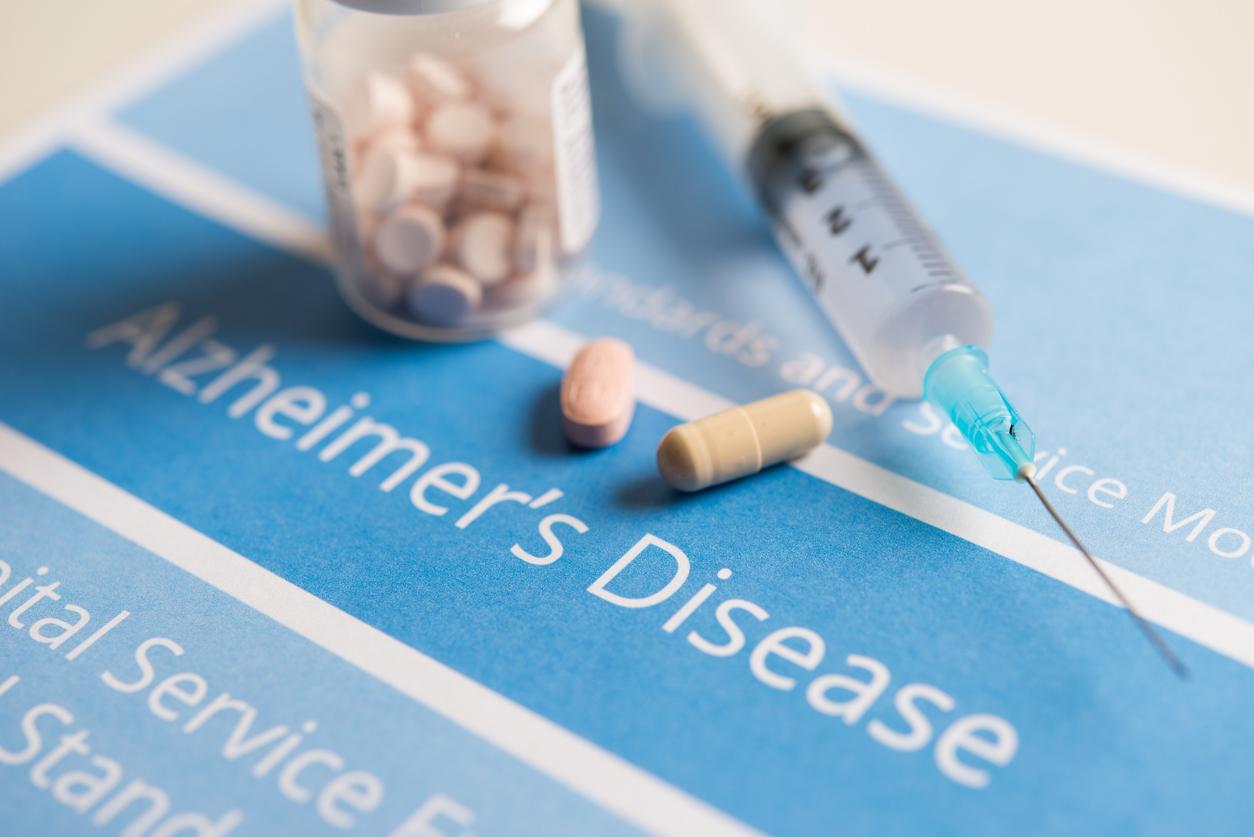An antibody directed against amyloid plaques, lesions responsible for Alzheimer’s disease, eliminates almost all of these proteins after one year.

Can immunotherapy counter the progression of Alzheimer’s disease? Hope is in any case allowed. A monoclonal antibody, aducanumab, directed against amyloid plaques is capable of eliminating these accumulations of proteins in the brains of patients, reveals a study conducted by the University of Zurich (Switzerland) and published this Wednesday in the journal Nature.
Although the causes of this neurodegenerative disease are still unknown, it is established that it is caused by a gradual deposition of amyloid proteins around neurons 10 to 15 before the onset of the first symptoms. These abnormal accumulations are not destroyed by the white blood cells as they should. Stimulating the immune system to slow down the formation of these aggregates has therefore become a serious avenue for research.
Several scientific teams have set about creating antibodies capable of activating an immune response. In collaboration with the biotechnology company Biogen, researchers at the University of Zurich have developed aducanumab from blood samples taken from centenarians without cognitive decline.

Slowing of cognitive decline
The experimental treatment has been tested in 165 patients suffering from an early stage of the disease. After one year of treatment, almost all of the amyloid plaques disappeared in the patients who received the highest dose of antibodies. “The results of this clinical trial make us optimistic about our ability to treat Alzheimer’s disease. The effect of this antibody is very impressive, says Professor Roger Nitsch, of the Institute of Regenerative Medicine at the University of Zurich (Switzerland).
Benefits also observed clinically. “While the patients in the placebo group exhibited cognitive decline, the intellectual functions of the volunteers receiving the antibody were maintained,” adds the author.
This promising therapy is currently the subject of two phase 3 clinical trials to assess its efficacy and the benefit / risk balance. More than 2,700 patients with an early stage treated in 300 specialized centers in 20 countries in North America, Europe and Asia are expected to participate.
.

















